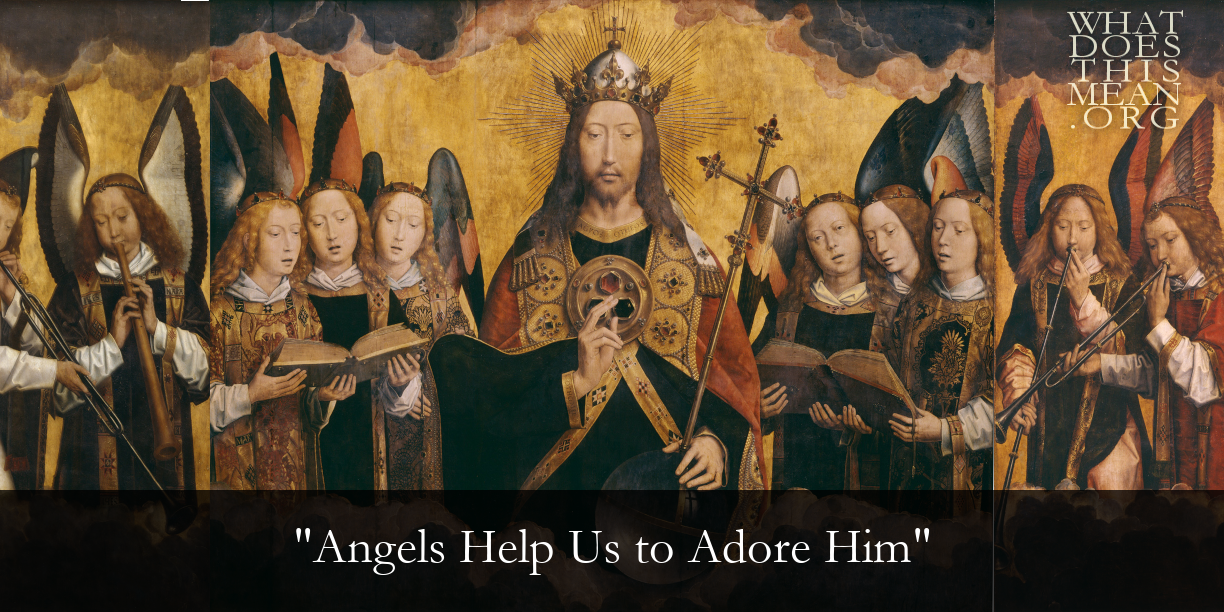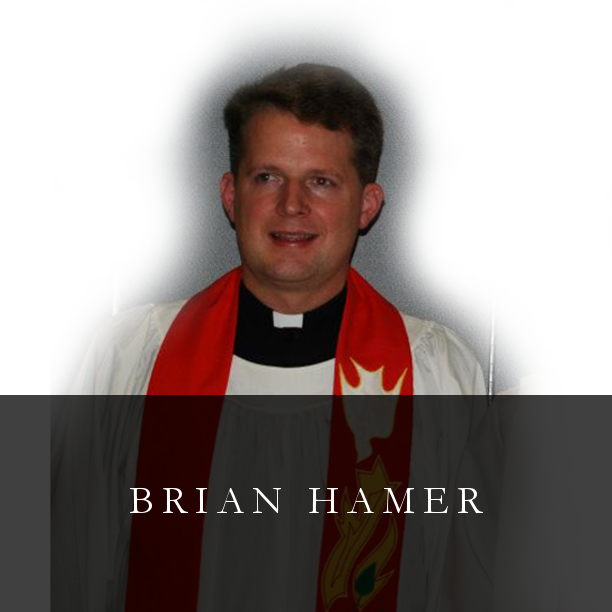Graciously grant us all to share before Thee Heaven’s high glory
| Bless the Lord, ye His angels, that excel in strength: that do His commandments, hearkening unto the voice of His Word. Bless ye the Lord, all ye His hosts, ye ministers of His that do His pleasure. Bless the Lord, O my soul: and all that is within me, bless His holy name. (TLH p. 92) |
| Bless the Lord, O my soul. Blessed are Thou, O Lord. Bless the Lord, O my soul. My Lord, how great Thou art. Blessed art Thou, O Lord. Thou art clothed with glory and majesty. Blessed art Thou, O Lord. Glorious are Thy works, O Lord. The waters flowed through the mountains. Glorious are Thy works, O Lord. In wisdom hast Thou made them all. Glory to Thee, O Lord, who has crated all. |
| O everlasting God, who hast ordained and constituted the services of angels and men in a wonderful order, mercifully grant that, as Thy holy angels always do Thee service in heaven, so by Thine appointment they may help and defend us on earth; through Jesus Christ, Thy Son, our Lord, who liveth and reigneth with Thee and the Holy Ghost, ever one God, world without end. Amen. (TLH p. 93) |
| Ye watcher and ye holy ones, Bright seraphs, cherubim and thrones. Raise the glad strain, Alleluia! Cry out, dominions, princedoms, powers, Virtues, archangels, angels’ choirs, Alleluia. . . . (TLH 475.1, rev.) Gradual God hath given His angels charge over thee: to keep thee in all thy ways. Bless the Lord, O my soul, and all that is within me, bless His holy name. Hallelujah! Hallelujah! And on cried unto another and said, Holy, holy, holy, is the Lord of hosts: the whole earth is full of His glory. Hallelujah! (TLH p. 93) |
| Sanctus, sanctus, sanctus Dominus Deus Sabaoth; Plani sunt coeli et terra Gloria tua. Hosanna in excelsis. | Holy, holy, holy, Lord God of Sabaoth; Heaven and earth are full of Thy glory. Hosanna in the highest. |
| Angels, help us to adore Him; You behold Him face to face; All who dwell in time and space. Alleluia, alleluia! Praise with us the God of grace. (Lutheran Service Book 793.4). |



 RSS Feed
RSS Feed
